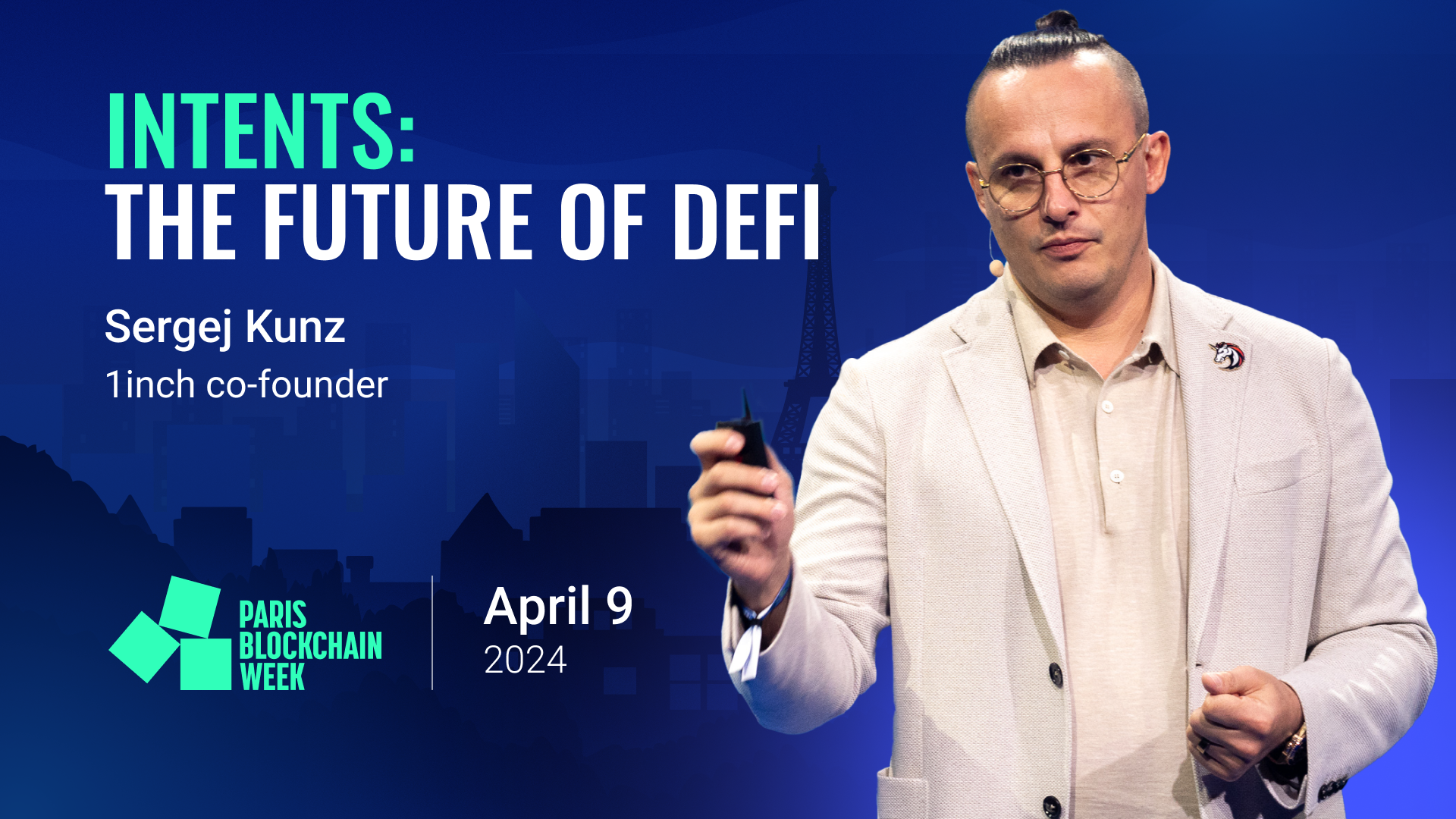The big idea of DAOs

The recent DeFi explosion has led to a rise in interest in DAO not only as an alternative kind of organizational structure but also as an opportunity for individual users to both invest in crypto projects and participate in shaping the DeFi space.
DAOs, or “decentralized autonomous organizations,” are entities based on community governance. They operate according to foundational rules established in smart contracts. Once coded, the rules cannot be edited unless voted upon by the DAO community’s members.
Smart contracts eliminate the need to involve business attorneys, banks or any other third party, defining DAOs’ full autonomy.
What is the concept of DAO?
Decisions regarding DAO rules, as well as any modifications, are reached through community members’ public voting happening on a blockchain. DAOs’ key feature is transparency, as everything including code, rules, proposals and financial transactions is documented publicly.
Unlike traditional companies where the board of directors performs most of the management tasks, in a DAO, all members can fulfill this function and determine the development of the project if they wish to do so.
Depending on the DAO’s type, the voting focuses on different challenges. However, any issue or proposal is allowed to be voted on and might be related to technical management, staking rewards, new liquidity pool creation, new referral programs implementation or whatever else. All details from a proposal to a certain member’s voting history are always available for everyone.
The voting power is obtained through governance tokens and NFTs. Governance tokens also often serve as a platform’s utility tokens and can be typically purchased on cryptocurrency exchanges or earned by providing liquidity to a certain DAO platform. The weight of a token holder’s vote depends on their governance tokens’ amount.
DAOs offer different levels of involvement in their functioning, including contribution opportunities. In addition to engaging in management and investment, members can contribute to different projects and be compensated for their input.
If a user actively and constantly benefits from a particular platform running as a DAO, it makes sense to become its governance token holder. By being part of a DAO, users are able to oversee all the processes inside the platform, including resource allocation, submit their suggestions, be involved in their implementation and shape the project’s future.
Established DAOs and emerging projects alike, offer opportunities to potentially reap profits. Fundraising at the initial stage is quite typical for projects running as DAOs.
However, when investing in startup products and tokens, one must be aware of risks associated with the fact that not all projects become successful despite a promising roadmap.
Currently, DAOs are most common in the fields of crypto projects, exchanges, metaverses, investment, charity, social projects and fundraising. Meanwhile, a general global partnership creates a trusted environment that can be used for many purposes. Companies’ structures do not always allow them to operate as DAOs, but this revolutionary organization model has created a viable alternative for the business environment, whose main features can be applied and adopted for many economic, political and other processes.
How the 1inch Network DAO works
The 1inch Network offers users an opportunity to be part of the 1inch Network DAO. Anyone can participate in DAO discussions, but only 1INCH governance token holders are allowed to vote. Still, just holding some amount of 1INCH tokens is not enough — in order to obtain voting power, 1INCH token needs to be staked. This means that the user locks a number of 1INCH tokens in the 1inch protocol’s governance contract and receives st1INCH proportionally to staked funds. These are non-transferable tokens representing 1INCH placed within the contract. Their voting weight is 100%. v1INCH is an ERC-20 token representing locked 1INCH tokens that are , held by backers, advisors and core contributors but are not yet fully-vested. Each v1INCH has 20% the voting weight compared to st1INCH.
Governance token holders can delegate their voting weight to another wallet address. DAO governance voting mostly focuses on proposals for general network improvement. Staking 1INCH allows users to vote on parameters of the 1inch Liquidity Protocol and 1inch Aggregation Protocol, meaning shaping liquidity pools and determining reward distribution between the Treasury and the referrers.
All stakers automatically participate in the Gas Refund program that compensates up to 95% of gas expenses. By the way, this well-performing program was originally proposed through the 1inch Network’s governance forum, where suggestions enhancing user experience are always considered for implementation.
You can learn more about the 1inch Network DAO community by visiting the 1inch Network’s governance forum and reading the governance overview.





























